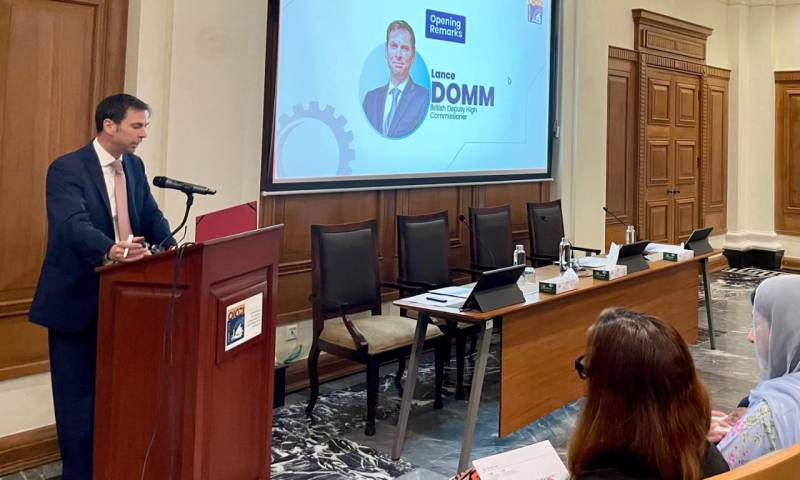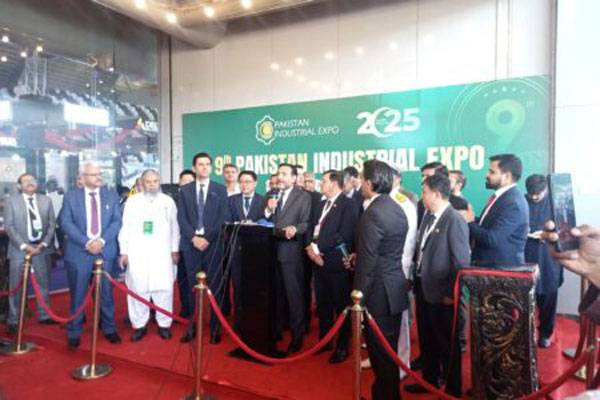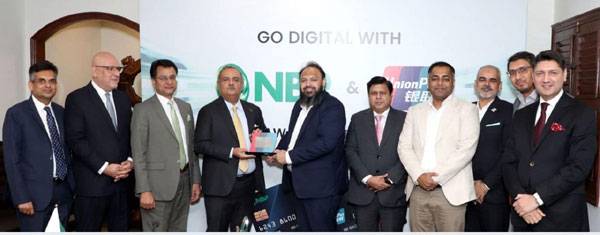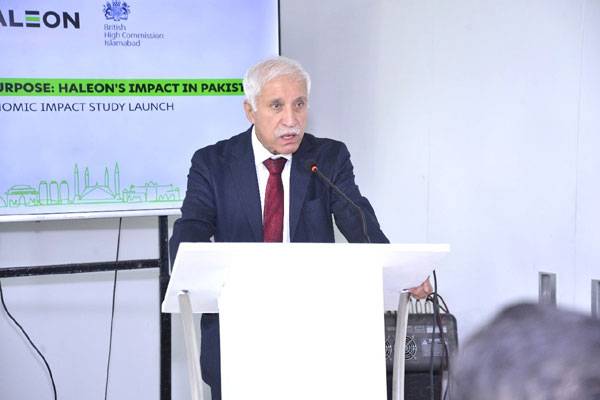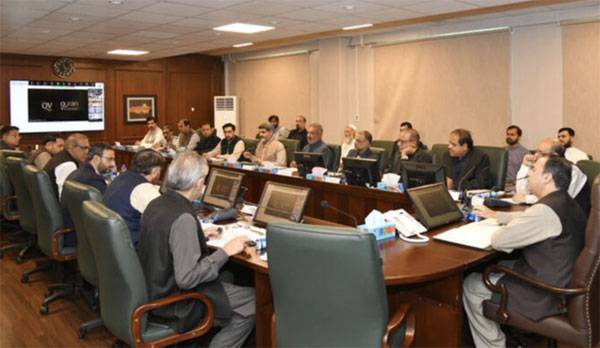
ISLAMABAD – The Federal Planning, Development and Special Initiatives Minister Ahsan Iqbal on Friday directed to finalise a proposal for introducing a third-party participation mechanism under CPEC to facilitate broader infrastructure projects, for approval at the forthcoming JCC session.
The minister gave these directives while chairing a high-level preparatory meeting of the Pakistani side of the China-Pakistan Economic Corridor (CPEC) Joint Cooperation Committee (JCC). The meeting convened key stakeholders, including conveners of CPEC Joint Working Groups (JWGs) and secretaries from the ministries of Foreign Affairs, Communications, Maritime Affairs, Science and Technology, Railways, Commerce, and Interior, to review progress and finalise deliverables for the upcoming 14th JCC session.
Ahsan Iqbal conducted a comprehensive review of CPEC project status across vital sectors, including Gwadar development, industrial cooperation, science and technology, transport infrastructure, agriculture, and the blue economy. He mandated all ministries to rigorously operationalise the long-term CPEC plan by ensuring their project roadmaps are fully aligned with established sectoral priorities for effective and result-oriented implementation.
The minister instructed the Board of Investment to immediately initiate strategic outreach to 20–25 major Chinese economic zones, aiming to attract experienced companies for Special Economic Zone (SEZ) development and industrial relocation to Pakistan. Emphasising science and technology as the cornerstone of future export-led growth, he directed the Ministry of Science and Technology to study China’s advancements in emerging scientific fields, formulate a national scientific development agenda, and identify ten high-potential export products for targeted research and innovation support. The minister underscored Gwadar’s critical role as a blue economy hub, demanding accelerated development in coastal tourism, fisheries, and industry through enhanced engagement with Pakistani and Chinese business communities. He also directed officials to finalise a proposal for introducing a third-party participation mechanism under CPEC to facilitate broader infrastructure projects, for presentation and approval at the forthcoming JCC session.
Ahsan reiterated CPEC’s immense potential for investment, relocation, and joint ventures. He demanded unified, proactive efforts across all government institutions to deliver tangible, actionable outcomes for the JCC. He called for intensified inter-ministerial coordination and strategic planning to ensure the 14th JCC session serves as a landmark event in advancing CPEC 2.0 vision for a prosperous and connected Pakistan.
The minister emphasised that CPEC 2.0 is now fully integrated into the broader national transformation vision under the URAAN Pakistan initiative. As a flagship development framework aimed at turning Pakistan into a $3 trillion economy by 2047, URAAN Pakistan provides a clear roadmap through its 5Es: Exports, E-Pakistan, Environment, Energy, and Equity. CPEC 2.0’s focus on industrialisation, connectivity, science and technology, and sustainable growth directly complements these pillars. The synergies between URAAN Pakistan and CPEC will not only catalyse economic modernisation but also ensure inclusive, innovation-driven development across all regions of Pakistan.
Highlighting the need to deepen business-to-business (B2B) collaboration, the minister stressed that private sector partnerships between Pakistani and Chinese companies will be pivotal in CPEC’s next phase. B2B cooperation will unlock new avenues for industrial growth, technology transfer, and job creation. It will empower local enterprises, attract FDI, boost exports, and drive innovation in sectors like manufacturing, logistics, energy, agriculture, and ICT. A thriving B2B ecosystem under CPEC 2.0 will also foster entrepreneurship, upskill the workforce, and enhance Pakistan’s global competitiveness — transforming economic zones into engines of opportunity and prosperity.


